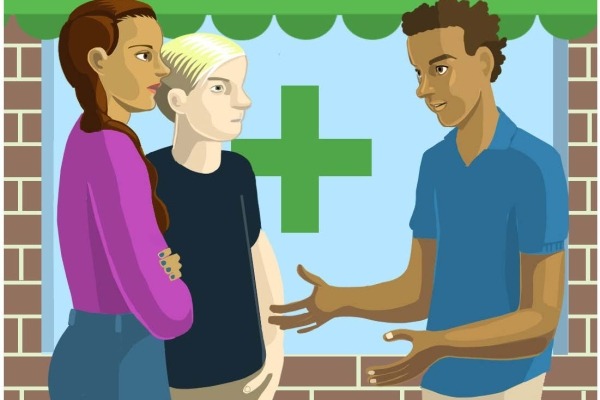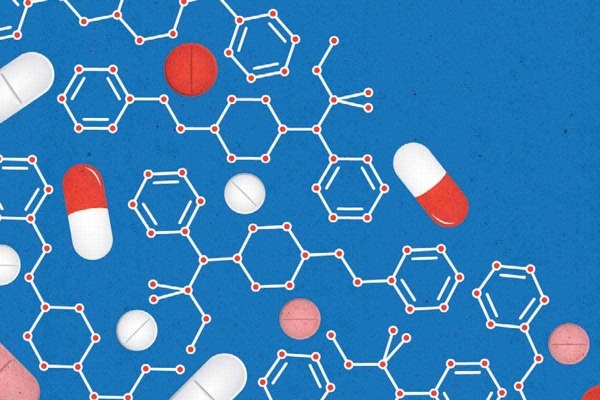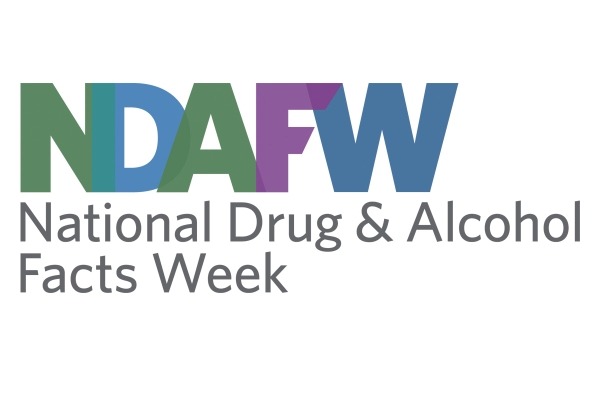Search for free lessons and activities on the science and consequences of drug use. All lessons are based on national science and education standards and were developed by scientists from leading universities and the National Institute on Drug Abuse.
Understanding an Overdose and How to Respond to One
This National Health Education Standards-mapped lesson helps students demonstrate age- and developmentally appropriate health and safety practices that prevent or reduce the risk of disease and injury and improve quality of life by learning how to recognize the signs of an overdose and understanding the steps to respond effectively.
Understanding Polysubstance Use and How to Make Health-Enhancing Choices
This National Health Education Standards-mapped lesson plan teaches the DECIDE model of decision making to help students develop skills to make health-enhancing choices in challenging situations, as well as understand the risks of polysubstance use.
Cannabis: The Facts You Need to Know
With many states legalizing the use of cannabis for adults, teens may have questions about whether it is safe.
Can Too Much Screen Time Harm You?
Teens learn how screen time may affect their physical and emotional well-being.
Toxicity Testing: The Effect of Chemicals on Radish Seeds
In this experiment, students perform toxicity tests on seeds, paying careful attention to the dose and concentration of chemicals.
Is This Legit? Accessing Valid and Reliable Health Information
This activity is designed to help students in grades 9 through 12 learn to access valid and reliable health information.
Opioids: What You Need to Know
In this lesson, students learn what opioids are, their potential dangers, and how to use them safely.
What You Need to Know About Prescription Stimulants
In this lesson, students learn about prescription stimulants and the health risks of misusing them.
Stressed Out Activities
Lesson Plan Grades 6-12: How does stress affect the body? What is a panic attack? Classroom materials for teaching teens about stress. Download available.
Lesson Plan Grades 6-12: Classroom materials for teaching teens mindfulness, how to stop overthinking and healthy ways to cope with stress. Download available.
How Nicotine Affects the Teen Brain
Help students understand how nicotine is not only highly addictive but also can cause lasting effects on their brain.
NDAFW Activity Ideas: Community, School-wide, and Online
These school activities are designed to help students in grades 6 through 12 learn about the effects of drug use on the developing body and brain.












